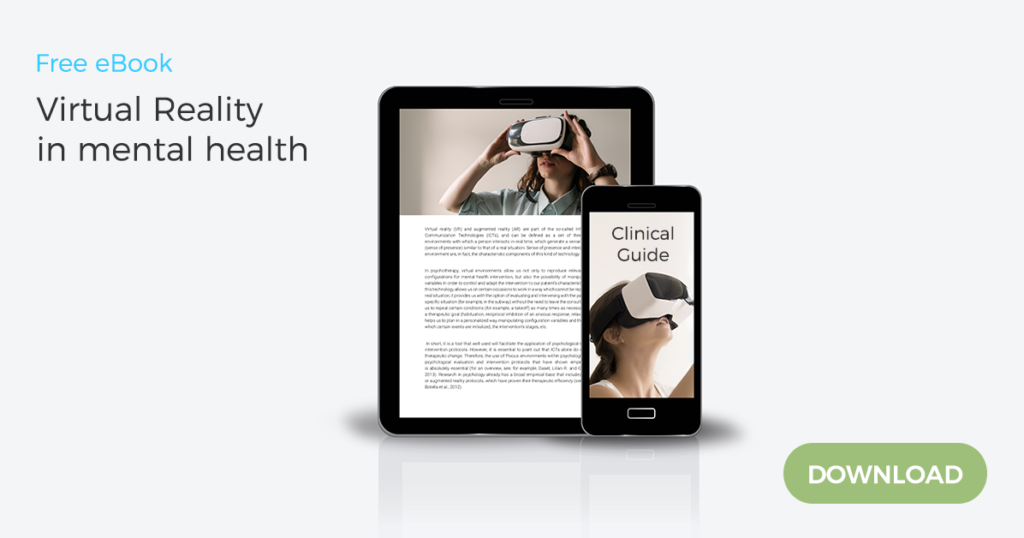Digital health products and apps help their users to monitor improvements related to wellness and fitness issues and thus become an integral part of health management, diagnosis, prevention, and treatment.
Clinicians also make use of digital health products to gather information about the patient’s outcome and intervene in diseases whose treatment would not be successful through traditional techniques.
There is still a misunderstanding about the differences between products that collect information and those that help treat diseases.
Not all digital health tools are the same. So how to differentiate them? How should we use each of them? What kind of clinical evidence is necessary?
The Digital Medicine Society (DiMe), Digital Therapeutics Alliance (DTA), HealthXL, and NODE Health all have that mission: to describe the variety of digital health products available, as well as the levels of regulation and clinical evidence needed.
Digital Health
- Includes technologies and platforms that respond to welfare or health-related needs and collect and store health information.
They can also support clinical operations. - Does not require clinical evidence.
- Not medical tools and do not need to meet specific regulations.
Digital Medicine
- Includes software and hardware based on scientific evidence, which measures and intervenes in health.
- Clinical evidence is necessary.
- Regulation varies. Those products classified as medical, need authorization and approval, those used for the development of drugs, devices or medical products need approval by the review committee.
Digital Therapy
- Digital therapy products that allow evidence-based therapeutic interventions for the treatment, prevention and management of diseases and disorders.
- For clinical therapy products, clinical evidence is required in addition to verifying results in the real world.
- Need authorization and approval by regulatory boards to support effectiveness, risk, and intended use.
Better categorization of digital products is needed based on a holistic risk assessment, essential to support confidence in digital health, digital medicine, and digital therapeutics.
The potential of these products to improve health, therapeutic interventions and research is enormous.
Amelia Virtual Care has been named among the top 1000 mental health startups of 2020 It is the first virtual reality platform for psychologists and mental health professionals that allows for more effective therapeutic interventions in less time on multiple conditions.











